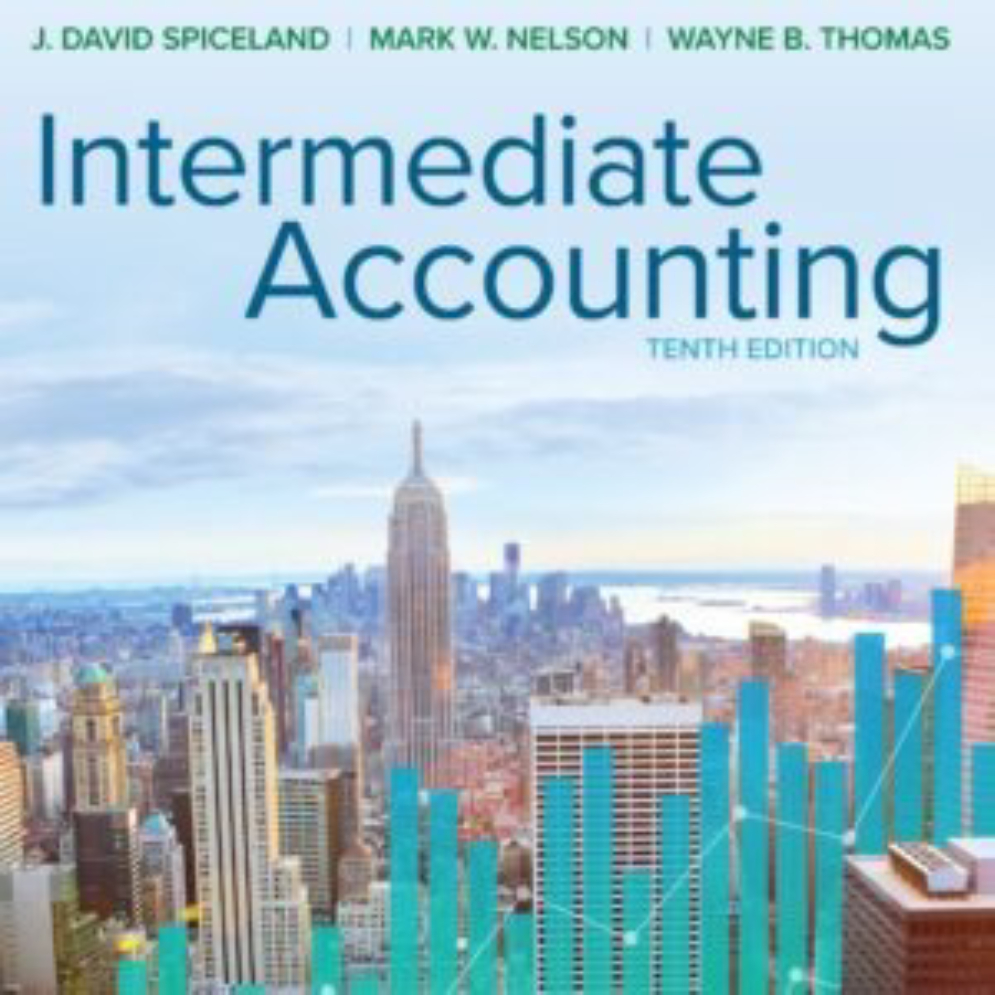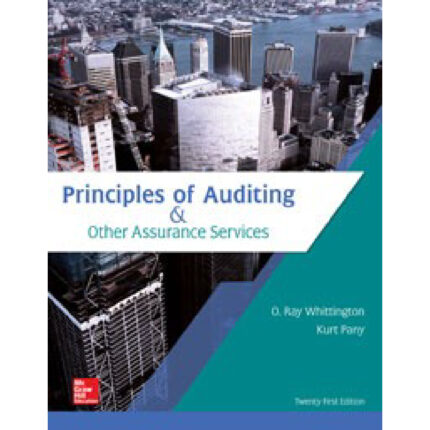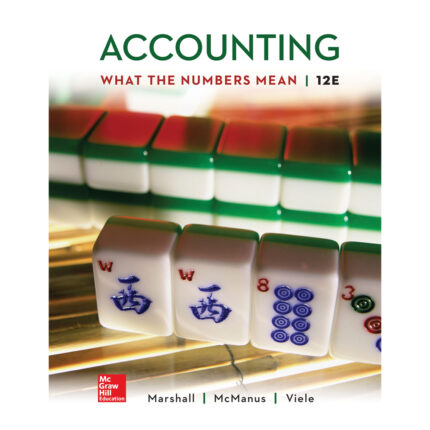Intermediate Accounting J David Spiceland 10e Test Bank
Intermediate Accounting, 10e (Spiceland)
Chapter 11 Property, Plant, and Equipment and Intangible Assets:
Utilization and Disposition
1) The three factors in cost allocation of a depreciable asset are service life, allocation base, and allocation method.
Answer: TRUE
Difficulty: 1 Easy
Topic: Measuring cost allocation
Learning Objective: 11-01 Explain the concept of cost allocation as it pertains to property, plant, and equipment and intangible assets.
Bloom’s: Remember
AACSB: Reflective Thinking
AICPA/Accessibility: BB Critical Thinking; FN Measurement / Keyboard Navigation
2) The physical life of a depreciable asset is bounded by its service life.
Answer: FALSE
Difficulty: 1 Easy
Topic: Measuring cost allocation
Learning Objective: 11-01 Explain the concept of cost allocation as it pertains to property, plant, and equipment and intangible assets.
Bloom’s: Remember
AACSB: Reflective Thinking
AICPA/Accessibility: BB Critical Thinking; FN Measurement / Keyboard Navigation
3) An asset is depreciated over whichever is longer, the asset’s service life or physical life.
Answer: FALSE
Difficulty: 1 Easy
Topic: Measuring cost allocation
Learning Objective: 11-01 Explain the concept of cost allocation as it pertains to property, plant, and equipment and intangible assets.
Bloom’s: Remember
AACSB: Reflective Thinking
AICPA/Accessibility: Keyboard Navigation
4) An asset’s residual value is the amount the company expects to receive for the asset at the end of its service life, less any anticipated disposal costs.
Answer: TRUE
Difficulty: 1 Easy
Topic: Measuring cost allocation
Learning Objective: 11-01 Explain the concept of cost allocation as it pertains to property, plant, and equipment and intangible assets.
Bloom’s: Remember
AACSB: Reflective Thinking
AICPA/Accessibility: Keyboard Navigation
5) Any method of depreciation should be both systematic and rational.
Answer: TRUE
Difficulty: 1 Easy
Topic: Measuring cost allocation
Learning Objective: 11-01 Explain the concept of cost allocation as it pertains to property, plant, and equipment and intangible assets.
Bloom’s: Remember
AACSB: Reflective Thinking
AICPA/Accessibility: BB Critical Thinking; FN Measurement / Keyboard Navigation
6) Total depreciation is the same over the life of an asset regardless of the method of depreciation used.
Answer: TRUE
Difficulty: 1 Easy
Topic: Measuring cost allocation
Learning Objective: 11-01 Explain the concept of cost allocation as it pertains to property, plant, and equipment and intangible assets.
Bloom’s: Understand
AACSB: Reflective Thinking
AICPA/Accessibility: BB Critical Thinking; FN Measurement / Keyboard Navigation
7) Advocates of accelerated depreciation methods argue that their use tends to level out the total cost of ownership of an asset over its benefit period if one considers both depreciation and repair and maintenance costs.
Answer: TRUE
Difficulty: 1 Easy
Topic: Depreciation—Basics and compare methods
Learning Objective: 11-02 Determine periodic depreciation using both time-based and activity-based methods and account for dispositions.
Bloom’s: Understand
AACSB: Reflective Thinking
AICPA/Accessibility: BB Critical Thinking; FN Measurement / Keyboard Navigation
8) An asset’s book value is computed as its original cost minus residual value, less accumulated depreciation.
Answer: FALSE
Difficulty: 1 Easy
Topic: Depreciation—Basics and compare methods
Learning Objective: 11-02 Determine periodic depreciation using both time-based and activity-based methods and account for dispositions.
Bloom’s: Remember
AACSB: Reflective Thinking
AICPA/Accessibility: Keyboard Navigation
9) Activity-based methods of depreciation are appropriate for assets whose service life is a function of use rather than time.
Answer: TRUE
Difficulty: 1 Easy
Topic: Depreciation—Basics and compare methods
Learning Objective: 11-02 Determine periodic depreciation using both time-based and activity-based methods and account for dispositions.
Bloom’s: Remember
AACSB: Reflective Thinking
AICPA/Accessibility: BB Critical Thinking; FN Measurement / Keyboard Navigation
10) Once it selects a depreciation method for existing assets, a company must consistently use the same method of depreciation for all subsequent fixed asset acquisitions.
Answer: FALSE
Difficulty: 1 Easy
Topic: Depreciation—Basics and compare methods
Learning Objective: 11-02 Determine periodic depreciation using both time-based and activity-based methods and account for dispositions.
Bloom’s: Remember
AACSB: Reflective Thinking
AICPA/Accessibility: BB Critical Thinking; FN Measurement / Keyboard Navigation













Reviews
There are no reviews yet.